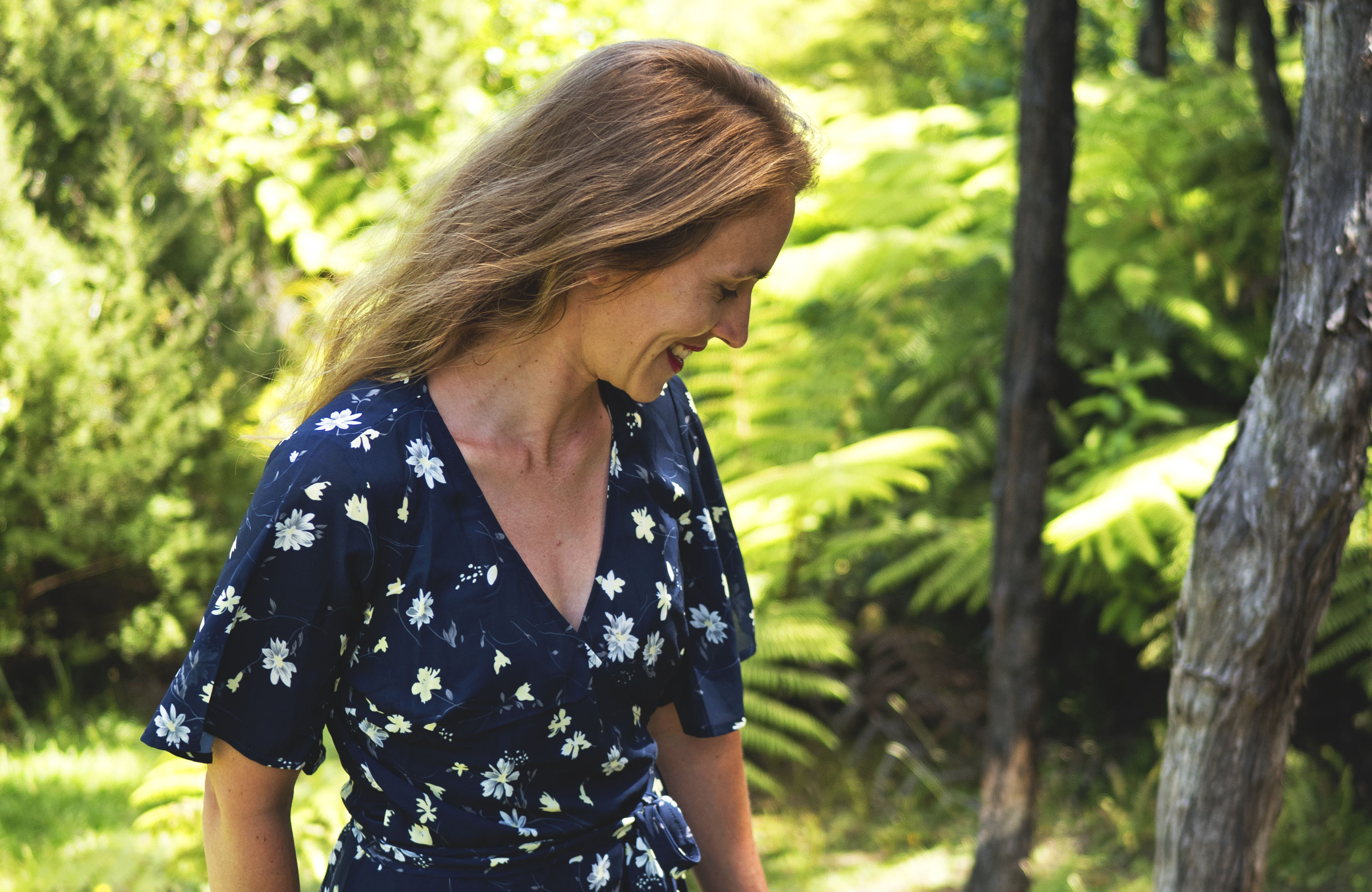Hydration: what is it?
The term “hydration” is used to describe our body’s ability to manage water, and not just about how much fluid we take in each day. Hydration is related to the cellular uptake of fluids and surprisingly, drinking plain, filtered water is not sufficient to ensure optimal hydration.
About two thirds of your body is made up of water. We can’t survive without it! Not only is hydration important for optimal athletic performance and inner health, but cellular hydration is also critical for outer health and beautiful skin.
We can think of water as an important carrier in the system. Water transports oxygen to the cells, improves nutrient utilisation and absorption and helps to excrete toxins from the body.
Many of us work hard (and spend money!) to reduce toxins in our food, eat a well-balanced and nutrient dense diet and promote gut health, but without proper hydration we can still end up feeling fatigued with plateaued results, dry skin, acne and/or dark circles under the eyes.
Water for beauty:
When it comes to beautiful skin, we often focus on what hydrating products we can apply to the outside, rather than focussing first and foremost on the hydration of our cells from the inside.
Although the research linking water intake and skin hydration is inconclusive, the skin contains approximately 30% water, which contributes to its plumpness, elasticity, and resiliency.
Most importantly, water can help to dilute toxins excreted in our sweat (lowering the concentration of toxins sitting on the skin), improve gastro-intestinal health and boost brain function and clarity (yes please!).
How to drink it:
Unfortunately, a large amount of water in the Western diet has been replaced with “drinks” like coffee, tea, soft drink, smoothies, juices, diet drinks and flavoured waters. Many people will get to the end of the day and realise that they haven’t had any “plain” water all day!
Here are a few tips for improving water intake, timing and amounts:
• Get CLEAN water.
Most tap water is treated with chemicals like chlorine and fluoride that can have some nasty effects on short and long term health (they are poisons). If you can, get a filtered water source for your home and reduce your exposure to these chemicals as much as possible.
• Add the salts back in.
Real water from a natural source contains “dissolved solids” like sodium, magnesium and calcium, essential for processes like muscles contraction. Adding a pinch of Himalayan rock salt or Celtic sea salt into about a litre of water will help with cellular uptake and overall hydration. You don’t want to taste the salt, just a pinch!
• Drink from glass or a high quality stainless vessel.
Reduce your exposure to toxins like BPA and other chemicals found in plastics by switching to a glass or stainless steel water bottle. We like to recycle jars! Keep your water out of direct sunlight and heat.
• Drink outside of meal times.
Drinking large gulps of water with your meal can reduce the concentration of stomach acid and hinder digestion. Take in most of your water between meals.
• Drink enough.
A great guideline for minimum water intake is provided by Paul Chek using a body mass calculation;
Water intake = body mass (in Kg) multiplied by 0.033
For example, an 80 kg person would require a minimum of 2.64 litres of water per day. Or a 60kg person would require a minimum of 2L per day.
In summary, water is essential for life, health, inner and outer beauty! Just like with our food, it is critical to drink water from a high quality, clean source without added chemicals and toxins. We can improve the uptake of water by our cells by adding some high quality salt. Track your water intake over the last week…are you getting enough?
Sources:
Popkin, B., D’Anci, K. and Rosenberg, H. Water, Hydration and Health. Nutritional Review, August 2010 68(8): 439-458
Owen, M. Hydration and Water Facts. Fitness n Function. 2005.



